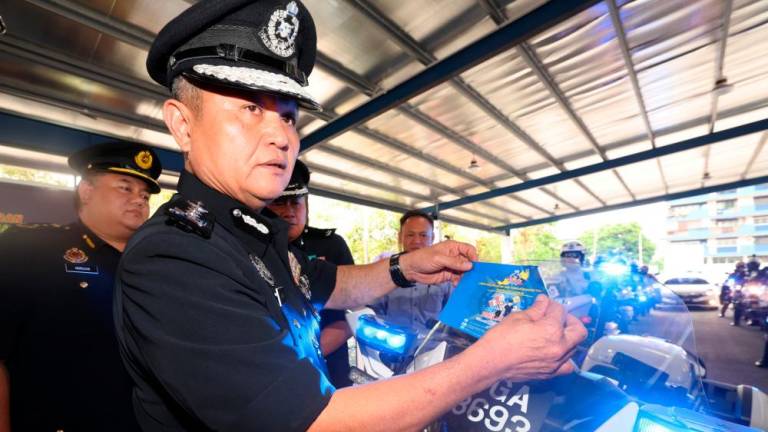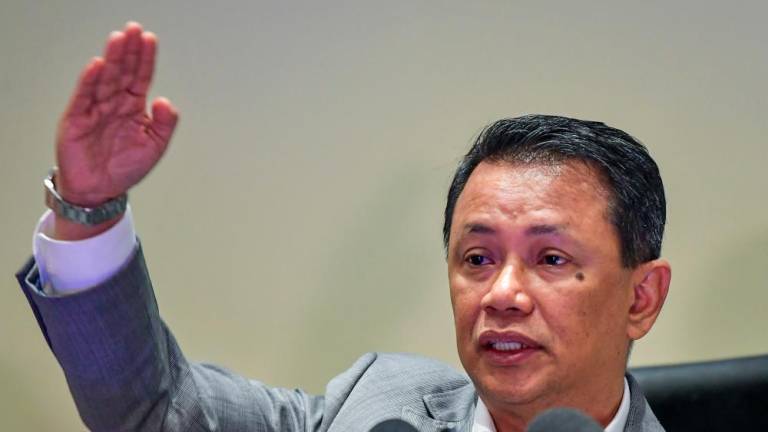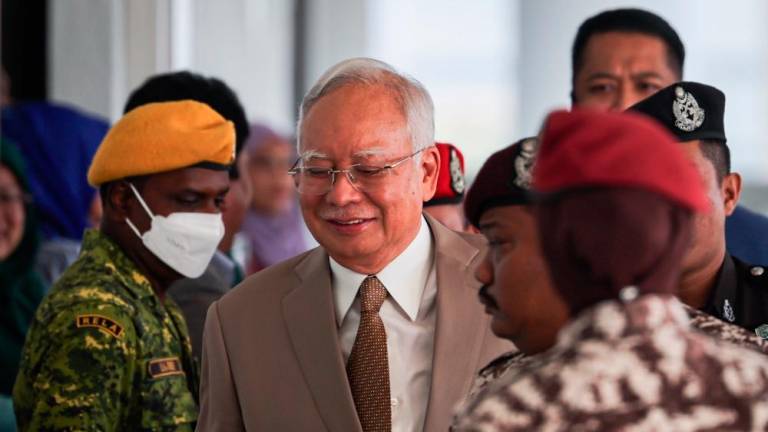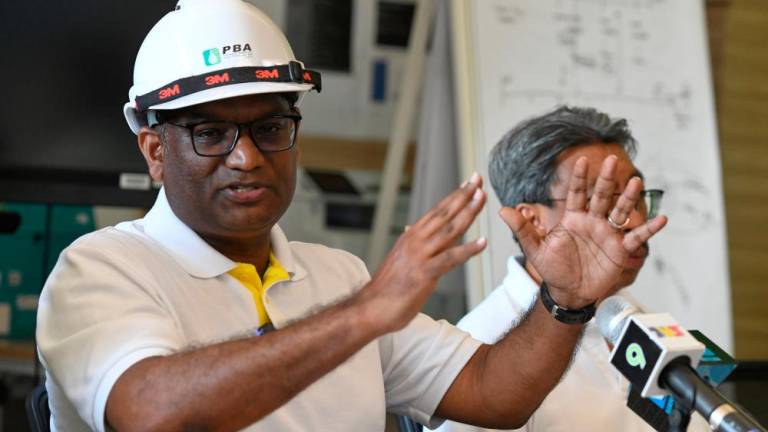PETALING JAYA: While most Malaysians dream of taking leisure trips in their retirement years, few save up enough to indulge in this activity, a recent survey showed.
Conducted by Standard Chartered, the survey showed that 77% of those interviewed listed travel as the top choice of activities after they stop working. However, only 27% felt they were on the right track financially to realise that dream.
The financial institution attributed the failure to insufficient knowledge in investing and growing wealth.
It said they either did not have financial knowledge or trusted financial advisers to help them make sufficient returns on their investments.
At least 55% of Malaysians cited lack of awareness on investment opportunities as a factor for not generating adequate returns on investments.
This is despite the fact that a vast majority of Malaysians (78%) started their retirement planning ahead of their peers in other parts of Asia. For instance, Singapore is slightly behind Malaysia, at 74%.
The survey also shows a preference for financial instruments over fixed assets for investors in Malaysia.
Only 58% said they invested in property for rental yield instead of stocks, bonds and unit trusts, compared with 82% of Taiwanese who prefer to put their money in property.
Attitudes also differ from country to country. Most Malaysians believe that “being happy with what I have” and “spending time with my family” were important after retirement. On the other hand, Singaporeans place greater emphasis on financial security so that they would be less of a burden to others later in life.
A total of 72% of Malaysians prefer to spend quality time with family and friends, compared with 67% who would rather indulge in hobbies or activities.
With the increased cost of housing and education and greater appetite for leisure and travel, it is clear that retirement savings have to be increased,” said Lei Pei Si, country head of retail banking at Standard Chartered Malaysia.
The survey covered 1,000 affluent consumers aged 35 to 59 across five countries – Singapore, Taiwan, Malaysia, China and Hong Kong.














